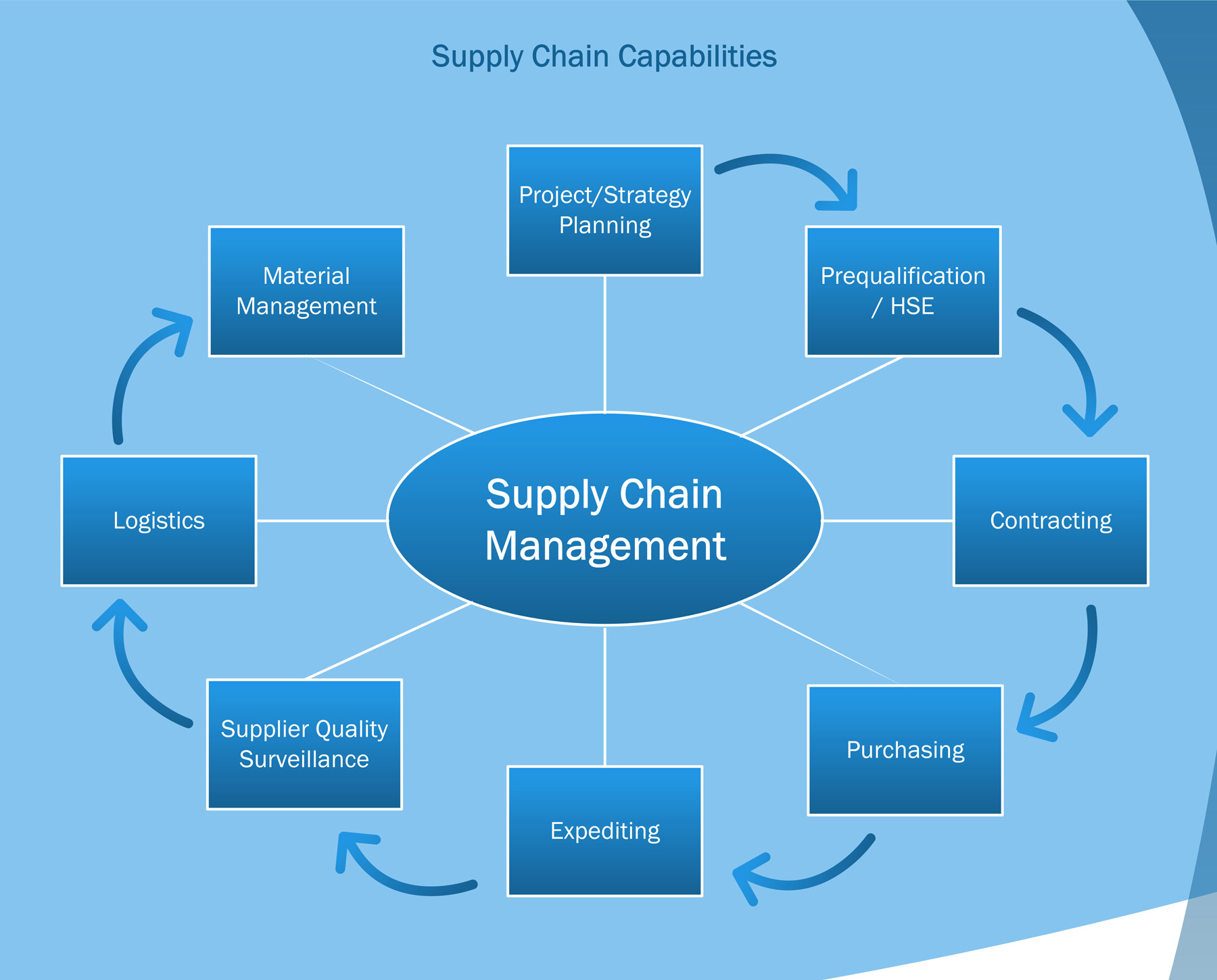Image Source: Google
In today's rapidly changing business landscape, logistics companies face a myriad of challenges that can impact their efficiency and bottom line. From fluctuating demand and supply chain disruptions to regulatory changes and global uncertainties, the need for agile and adaptive supply chain planning solutions has never been greater. In this article, we will explore the key logistics challenges companies face and how adaptive supply chain planning solutions can help overcome them.
Common Logistics Challenges
Fluctuating Demand
- Seasonal variations in demand
- Unpredictable consumer behavior
- Market trends and fads
Supply Chain Disruptions
- Natural disasters
- Supplier bankruptcies
- Transportation delays
Regulatory Changes
- Tariffs and trade agreements
- Environmental regulations
- Labor laws
Global Uncertainties
- Political instability
- Economic downturns
- Pandemics
The Power of Adaptive Supply Chain Planning
Adaptive supply chain planning solutions leverage advanced technologies such as artificial intelligence, machine learning, and big data analytics to enable companies to quickly adapt to changing market conditions and optimize their logistics operations. These solutions offer a range of benefits that can help companies address the challenges outlined above:
Real-Time Visibility
- Track shipments in real time
- Monitor inventory levels
- Identify potential disruptions early
Predictive Analytics
- Forecast demand more accurately
- Identify trends and patterns
- Optimize inventory levels
Scenario Planning
- Create "what-if" scenarios
- Simulate different outcomes
- Develop contingency plans
Collaborative Tools
- Facilitate communication with suppliers and partners
- Share information in real time
- Improve coordination and decision-making
Case Study: How Company X Overcame Logistics Challenges
Company X, a global logistics provider, was facing challenges with managing its complex supply chain operations. Fluctuating demand, supply chain disruptions, and regulatory changes were impacting their ability to meet customer expectations and maintain profitability. To address these issues, Company X implemented an adaptive supply chain planning solution that transformed their logistics operations:
Improved Forecasting Accuracy
By leveraging predictive analytics, Company X was able to improve demand forecasting accuracy and better anticipate market trends and shifts in consumer behavior. This allowed them to optimize inventory levels and reduce stockouts and overstocks.
Enhanced Visibility and Collaboration
The real-time visibility and collaborative tools provided by the supply chain planning solution enabled Company X to track shipments, monitor inventory levels, and communicate effectively with suppliers and partners. This improved coordination and decision-making across the supply chain.
Agile Response to Disruptions
When faced with supply chain disruptions such as transportation delays or supplier bankruptcies, Company X was able to quickly assess the impact, simulate different scenarios, and implement contingency plans to mitigate risks and minimize disruptions to their operations.
Conclusion
In conclusion, the logistics industry is constantly evolving, and companies must be prepared to address the challenges that come with it. By adopting adaptive supply chain planning solutions, companies can enhance their agility, improve visibility and collaboration, and effectively navigate the uncertainties of the global marketplace. With the power of advanced technologies at their disposal, logistics companies can overcome challenges, optimize their operations, and drive business growth in a rapidly changing environment.


